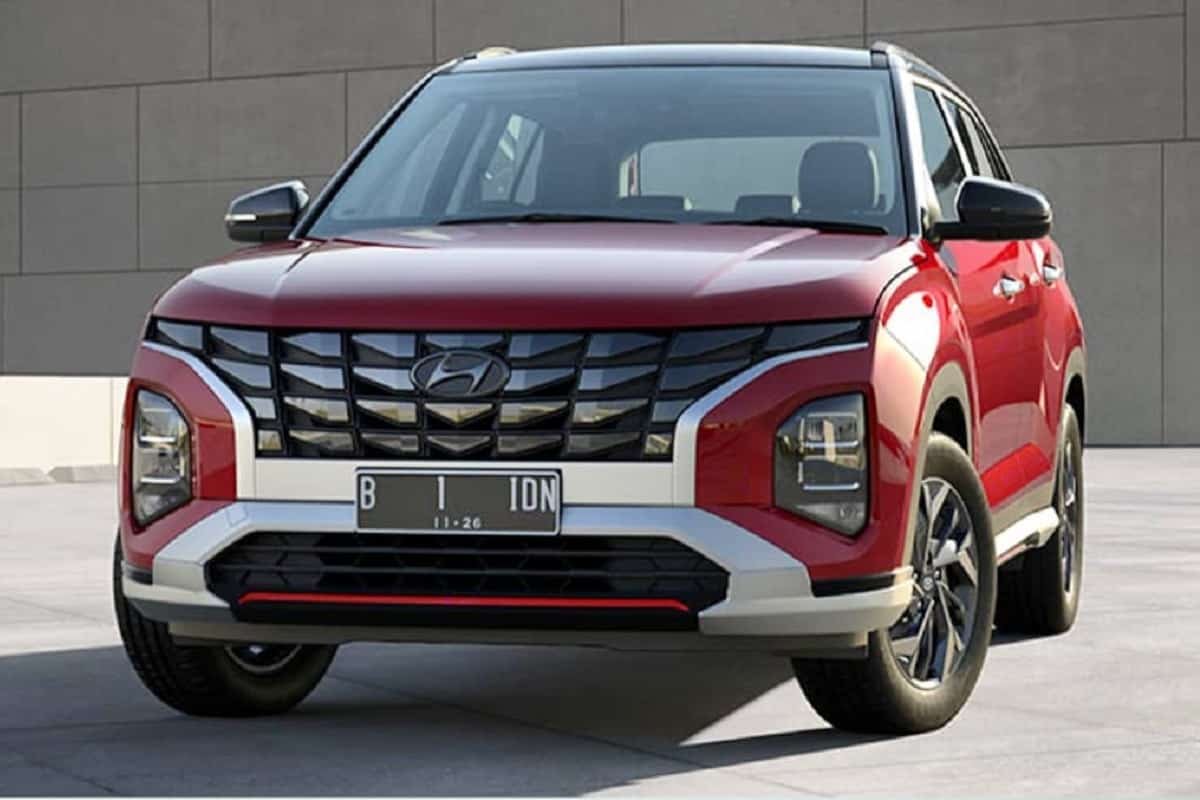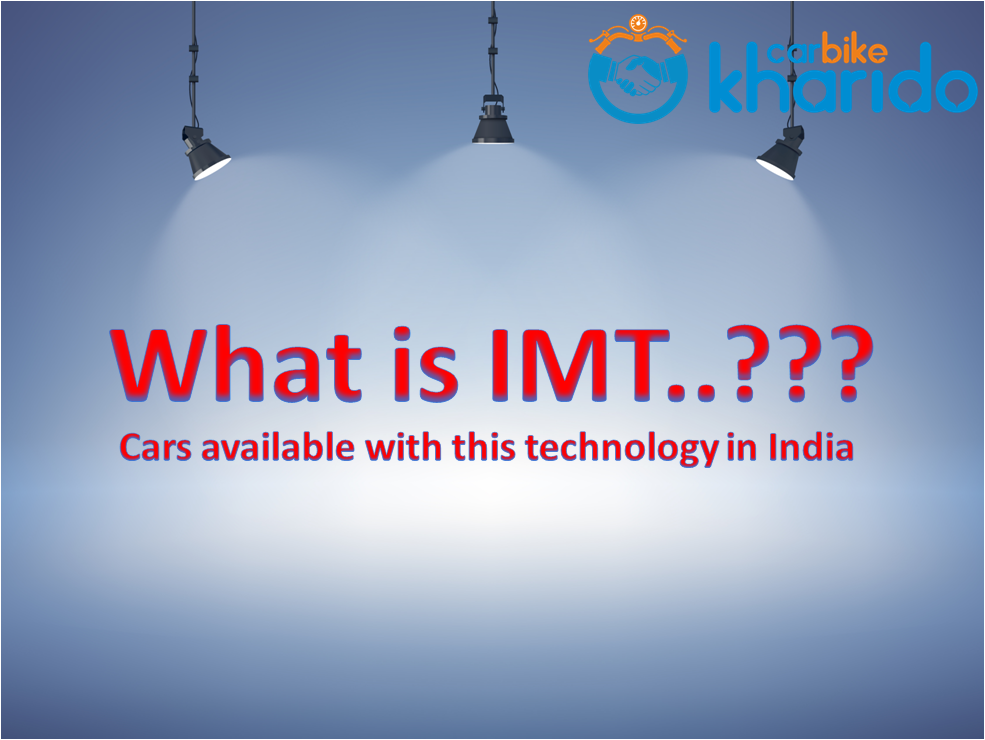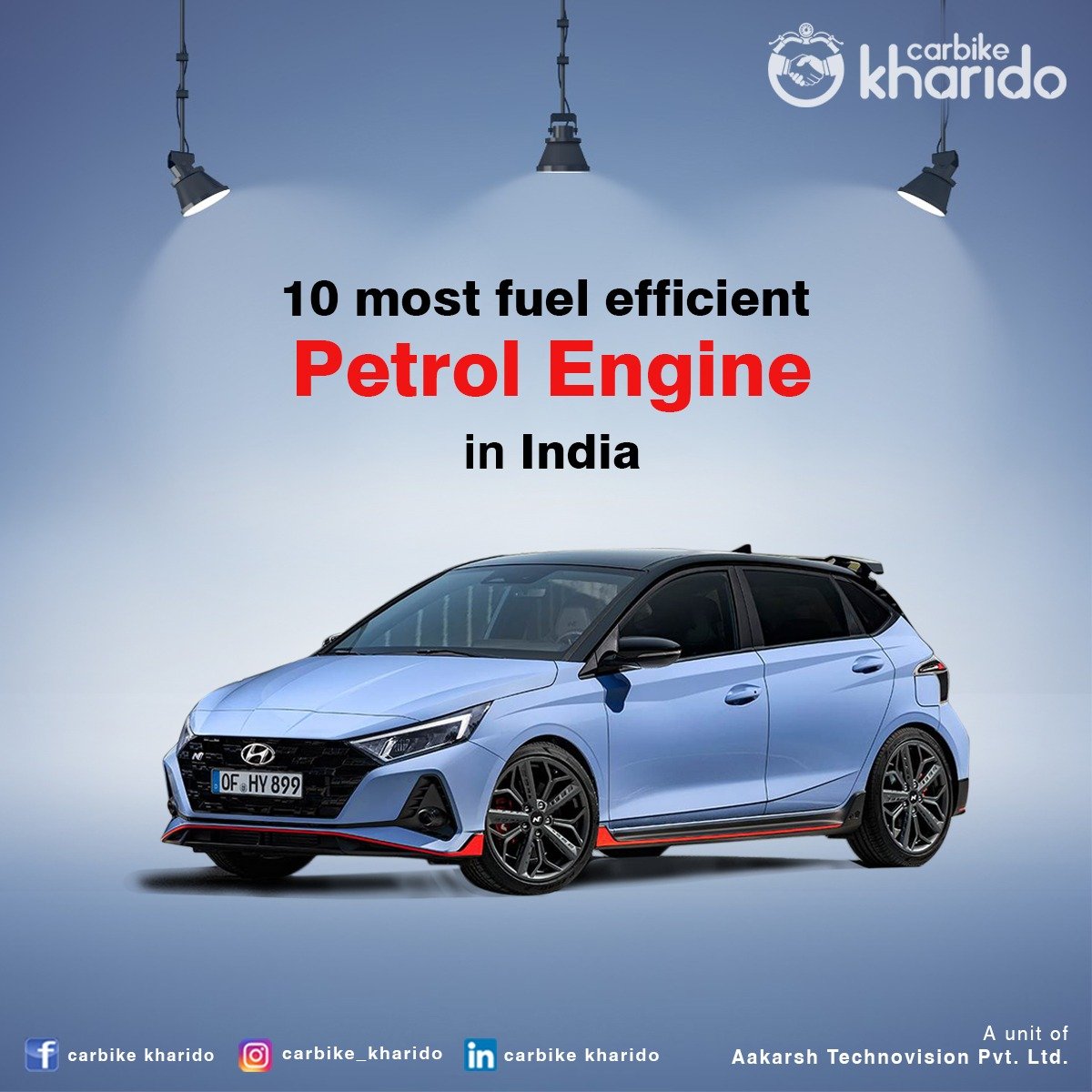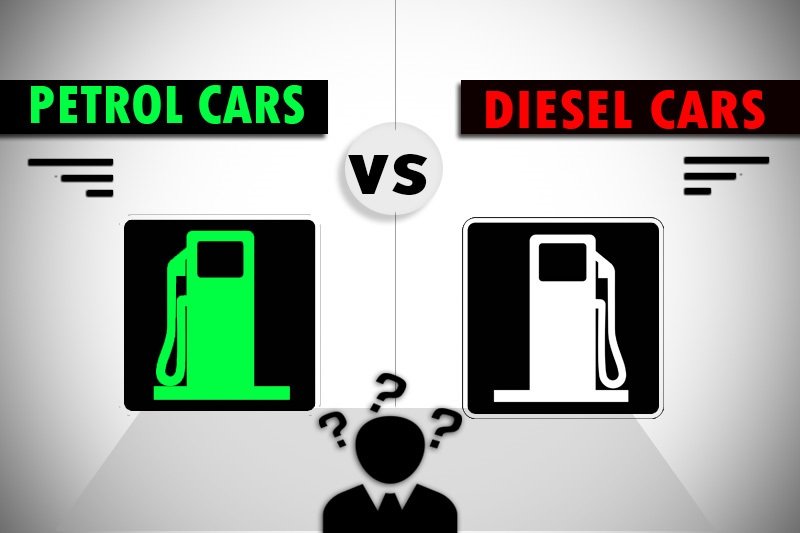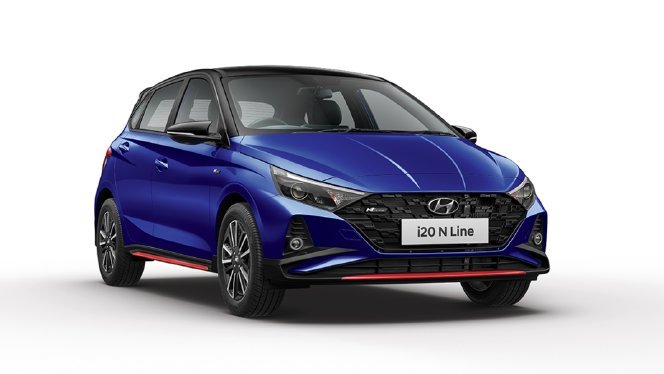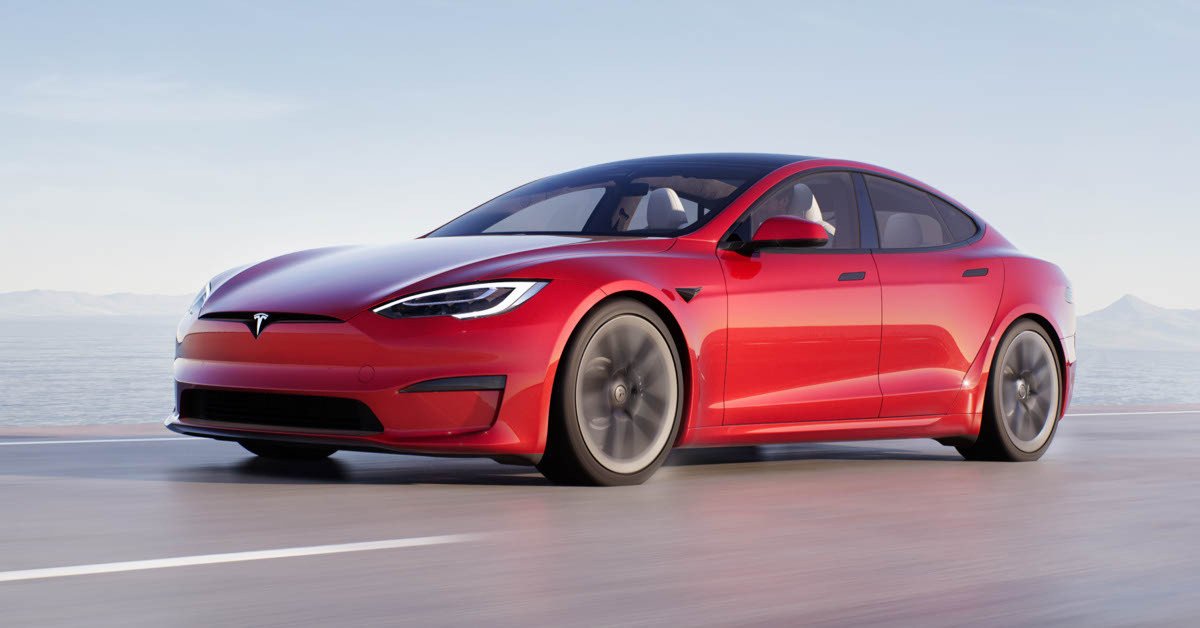Flexi Fuel and Use of Ethanol
Flexi fuels and ethanol have become the talk of the town in recent years. Demand for flexi fuels has been multiplied because petrol prices soared above hundred rupees a litre, over-dependence on fossil fuels, international acceptance of greener medium to run the vehicle etc.
India is taking bold steps towards
making flexi-fuels the primary source for consumers. In an event, Mr Nitin
Gadkari, Minister of Road, Transport, and Highways, said, “We are going to make
flexi-fuel compatible engine mandatory for all automobile companies within six
months” (3rd September’2021)
Let’s go through what are flexi fuels
and use of ethanol to understand why it matters.
What are Flexi Fuels?
Flexi Fuels are an environmentally
friendly alternative to fossil fuels. These fuels are affordable and derived
from biological resources such as sugarcane. The government of India has
already indicated compulsory use of ethanol fuel in engines, and companies are
weighing their strategies around it.
Though in the beginning, it would
require tuning and modifications, it would not be much of an issue because
countries such as Brazil, the USA, Canada have already used the flexi fuel and
we can learn from their experiences.
Flexi fuels use in engines might
increase the prices of vehicles, as per some experts, the price could go up to
twenty to twenty-five thousand. These will reduce in the time with newer
technologies, government support, and subsidies.

How do Flexi Fuels Vehicles work with
Ethanol fuel?
Flexible fuels vehicles have an
internal combustion engine, capable of operating on any blend of gasoline and
ethanol up to 83 per cent. Ethanol contains a higher percentage of oxygen and
to accommodate Engine Control Module (ECM) needs to be calibrated.
The fuel pump and fuel injection
system also require modifications to compensate energy content and chemical
properties of ethanol.
Apart from these, other features and
elements are mostly the same as per petrol or diesel car.

Current Status of Ethanol in India
Ø India started using ethanol with fuel in 2003 as an automotive fuel and
made 5 per cent ethanol mandatory for nine significant sugar-producing states
and union territories.
Ø In June 2021, Prime Minister Sri Narendra Modi said that “we will achieve
the milestone of blending twenty per cent ethanol in gasoline by 2025, five
years earlier than projected.”
Ø TVS and Bajaj have already developed ethanol compatible vehicles.
Advantages and Use of Ethanol
Ethanol improves the performance of
the engine with more oxygen, two to three points of octane, prevention of
freezing in the gas line, and reduction of hazardous emission from the
tailpipe.
The advantage for India
·
Ethanol blended vehicles or complete
ethanol-based vehicles in India will reduce air pollution in the short and long
run.
·
India imports 82.8 per cent of its
crude oil requirements. The percentage and bill will reduce significantly with
ethanol fuel.
·
Revival of sugar mills in states like
Bihar, positive impact on job generation, and investment in rural India
Flexi fuels are the need of the hour
for a greener environment and reducing carbon footprint. Use ethanol-based
vehicles and build a greener tomorrow together.

